It’s been one hundred years this month – on March 6 1923, in fact – since the BBC first established the radio station which evolved over time into the BBC Scotland radio and television network.
To celebrate, a series of special programming events have been commissioned.
These include the Kaye Adams-presented documentary Tuned In: 100 Years of Scottish Broadcasting, which airs on Sunday night on BBC Scotland.
Small beginnings
When Scots-originated BBC programming arrived in Scotland, however, it looked nothing like we know it today, as an organisation of just over 1,200 employees across 14 Scotland-wide sites.
Instead of the huge, state of the art Pacific Quay complex in Glasgow, across the Clyde from the Hydro concert venue, the BBC’s first home in Scotland was a small attic studio at Rex House, at 202 Bath Street in Glasgow.
The station wasn’t even referred to by its location or its connection with the then-British Broadcasting Company, which was only officially opened the previous year under the control of the Scot, John Reith.
Instead, the sixth licensed radio station in the UK was uninspiringly named 5SC; although those which arrived in the year before were based south of the border, it was soon followed by Aberdeen’s 2BD.
Scotsman at the helm
“The BBC started as a UK organisation, when the government decided to licence a series of radio stations,” explains broadcaster and historian Graham Stewart.
“John Reith was born in Stonehaven, because his parents had him when they were on holiday there, and raised in Glasgow. He’s the famous Glaswegian who set up the BBC and became its first Director General, and one of his first jobs was to create the Glasgow station.
“The BBC started off as a consortium of wireless manufacturers. It was a private company before it became a corporation, and these wireless manufacturers wanted people to go out and buy wireless sets, so they had to put programmes on.
“There was no sense of doing it for reasons of national identity, it was a commercial enterprise which they wanted to be as widespread as possible.”
Perth-born Stewart has a particular interest in this subject. As a news broadcaster, he presents BBC Scotland’s Reporting Scotland and has worked for BBC Radio Scotland and across the national network.
Yet he also has a personal fascination with the history of broadcasting in Scotland. His Scotland On Air website is an archive of historical information on the subject, which he will soon release in book form.
Regional studios
As the network grew and was brought under nationalised control as the BBC throughout the 1920s, the decision on where to place regionalised studios, says Stewart, was pressed by the need for an increasing number of transmitters to ensure coverage across the country, given their range wasn’t huge.
With this came the regionalised voices and perspectives of the studio staff and broadcasters in each location.
“It’s clear that Scotland has an identity that’s both political and cultural, which has been the case over the last hundred years,’ explains Stewart.
“The theme of my book is really that broadcasting has mirrored the development of Scotland as a nation over that time. When I looked at the research from the 1920s, people didn’t really talk about Scotland as a concept, you go back to the days of it being ‘North Britain’.
Scottish culture reborn
“Then there was a cultural renaissance in the 1920s and 1930s, led by poets like Hugh MacDiarmid, which was a rediscovery of Scottish culture.
“There weren’t many Scottish dramas on at theatres in the 1920s, there wasn’t really any new Scottish music, there were very few new Scottish novels.
“The Scottish cultural renaissance began pretty much at the time the BBC arrives on the scene in Scotland, and one of its early controllers (in Scotland), a chap called David Cleghorn Thomson, talked about the BBC in Scotland being the centrepiece of it.”
This evolution wasn’t a smooth and uninterrupted process, however.
“You can’t just click your fingers and magic up a renaissance like that, it took decades to develop and the Second World War got in the way.
“Yet the growth of the BBC in Scotland has mirrored the growth and the development of Scottish national Identity over that time.”
War stops play
Regional broadcasting fell by the wayside during the War, when it was very sensibly decided that the relative strength of each regionally-voiced transmission might act as a navigation aid to German bombers.
Instead all content was centralised, until in the immediate aftermath of the War the Scottish Home Service arrived as a completely autonomous radio channel.
Then in 1952 BBC television came to Scotland, with an increasing amount of content made here for Scottish audiences, especially in the wake of STV, Grampian and Borders arriving as competitor commercial channels in the 1960s.
In recent years, of course, the rise of multi-channel television and streaming has brought about dedicated channels for Scotland including BBC Scotland and BBC Alba.
Early Scottish BBC hits include hugely popular comic soap opera The McFlannels, written by Glasgow housewife Helen W. Pryde, which ran on radio between 1939 and 1954, then briefly on television between 1958 and ’59.
The post-war radio comedy It’s All Yours was also a huge hit, with its stars Jimmy Logan and Stanley Baxter inspiring a young Billy Connolly, and Para Handy: Master Mariner (1959) and The Vital Spark (1965) adapted Neil Munro’s seafaring adventures to great acclaim.
Comedy kicks off
With the news show Reporting Scotland and the Sportsreel round-up programme taking off (the latter was replaced by Sportscene in 1975), BBC Scotland really hit its stride with the foundation of the in-house Comedy Unit production department in 1983.
It was the brainchild of Colin Gilbert, Glasgow-born producer and former script editor on Rikki Fulton’s sketch show Scotch and Wry.
The son of former BBC Head of Comedy Jimmy Gilbert, his hits with the Comedy Unit included A Kick Up the Eighties, Laugh??? I Nearly Paid My Licence Fee and Kevin Turvey, working with future stars including Robbie Coltrane and Rik Mayall.
Yet it was Gilbert’s creation of the radio sketch show Naked Radio in 1981 which changed Scottish comedy, unleashing a new generation of first-rate comic actors including Gregor Fisher, Elaine C. Smith, Tony Roper and Jonathan Watson.
Naked Radio
“Naked Radio followed the same template as Radio 4, trying out stuff on radio before transferring to TV,” says Watson, who made his screen debut as a 12-year-old in George Friel’s BBC Scotland-produced drama The Boy Who Wanted Peace, after being discovered at a Glasgow drama club in 1969.
“We ended up doing a late-night show at the Edinburgh Fringe, and when the boss came up from London and saw the success it was enjoying, that was enough to make him commission the series (of television hit Naked Video).
“That’s where we first saw Rab C Nesbitt, which went on to huge acclaim with Gregor in the lead role.
“Before Naked Video came about I shot a pilot for Colin, City Lights, which became a series with me, Dave Anderson and Gerard Kelly. We also used to do little football sketches that required mimicry in Naked Video, so Philip Differ had the idea to parody (BBC Scotland football documentary) Only a Game?, which is how Only an Excuse? came about.
“All this was very much down to Colin’s influence, it wouldn’t have happened without his drive and energy, and there had been nothing like these shows before.
“Rab C Nesbitt was so anarchic, and although football’s huge, nobody had the foresight to link comedy with it until Only an Excuse? This was before Skinner and Baddiel or Off the Ball, it was completely new, so that’s why it had a big impact.”
Still going strong
Although the Comedy Unit became Gilbert’s own private company in 1996, it’s still continued to produce popular comedy shows for Scottish BBC audiences including Chewin’ the Fat, Still Game, Bob Servant: Independent and Two Doors Down, the latter pair also featuring Watson.
These make BBC Scotland’s name synonymous with television comedy over all else, although it continues to produce news, sport, drama and lifestyle programmes, making it easier for Scottish talent to maintain a career without leaving home.
“It’s never been what I would call easy,” says Watson, who has worked for BBC Scotland for half its life, although he takes work across the network, including a recent Doctor Who guest appearance.
“The decision to stay in Scotland is made a lot easier by the fact there isn’t the same necessity to be based in London as there perhaps was when I started out in my career. (Working for BBC Scotland) is something I’m very proud of. They do a fantastic amount of really good work, and to be a small part of that is a privilege.”
- Tuned In: 100 Years of Scottish Broadcasting is on the BBC Scotland channel tomorrow, Sunday March 12, presented by Kaye Adams. Graham Stewart’s Scotland On Air archival history project on broadcasting in Scotland can be found at wiki.scotlandonair.com, with the book Scotland On-Air: a Century of Scottish Broadcasting to follow later in the spring. Archive BBC footage from Scotland is being continually added to the www.bbcrewind.co.uk page. www.bbc.co.uk/scotland
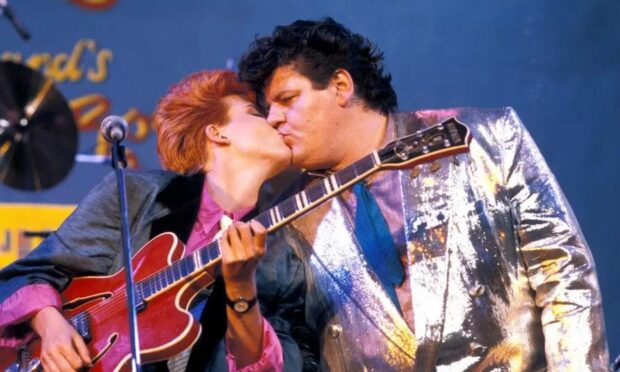



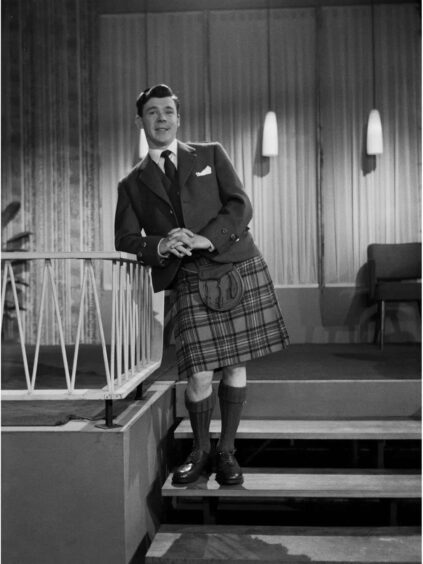


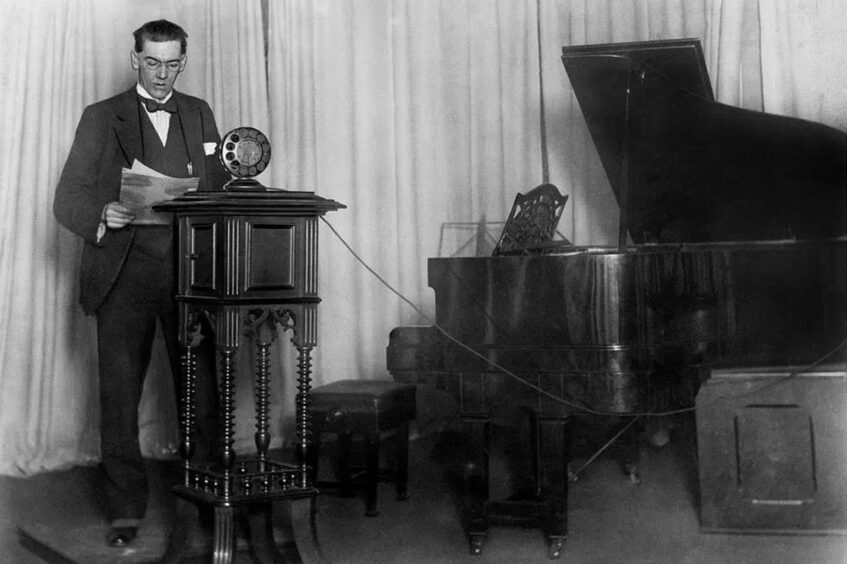
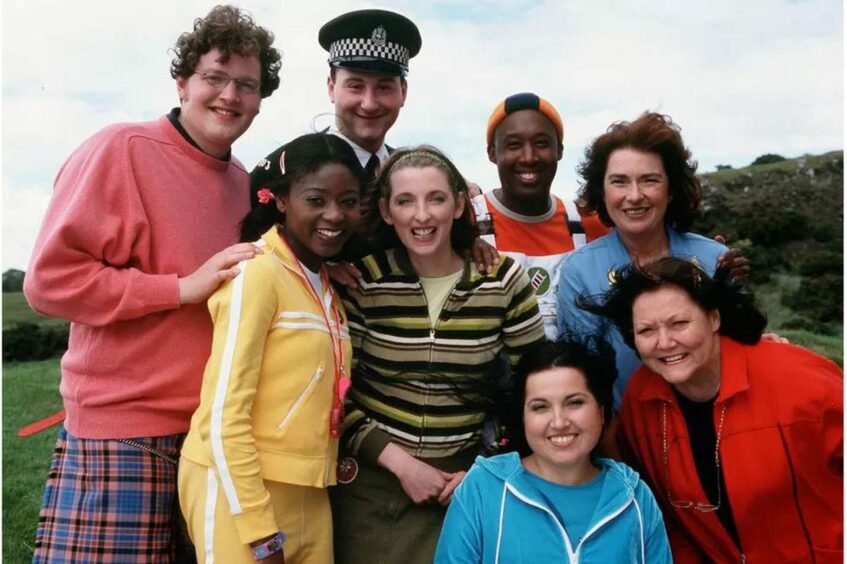






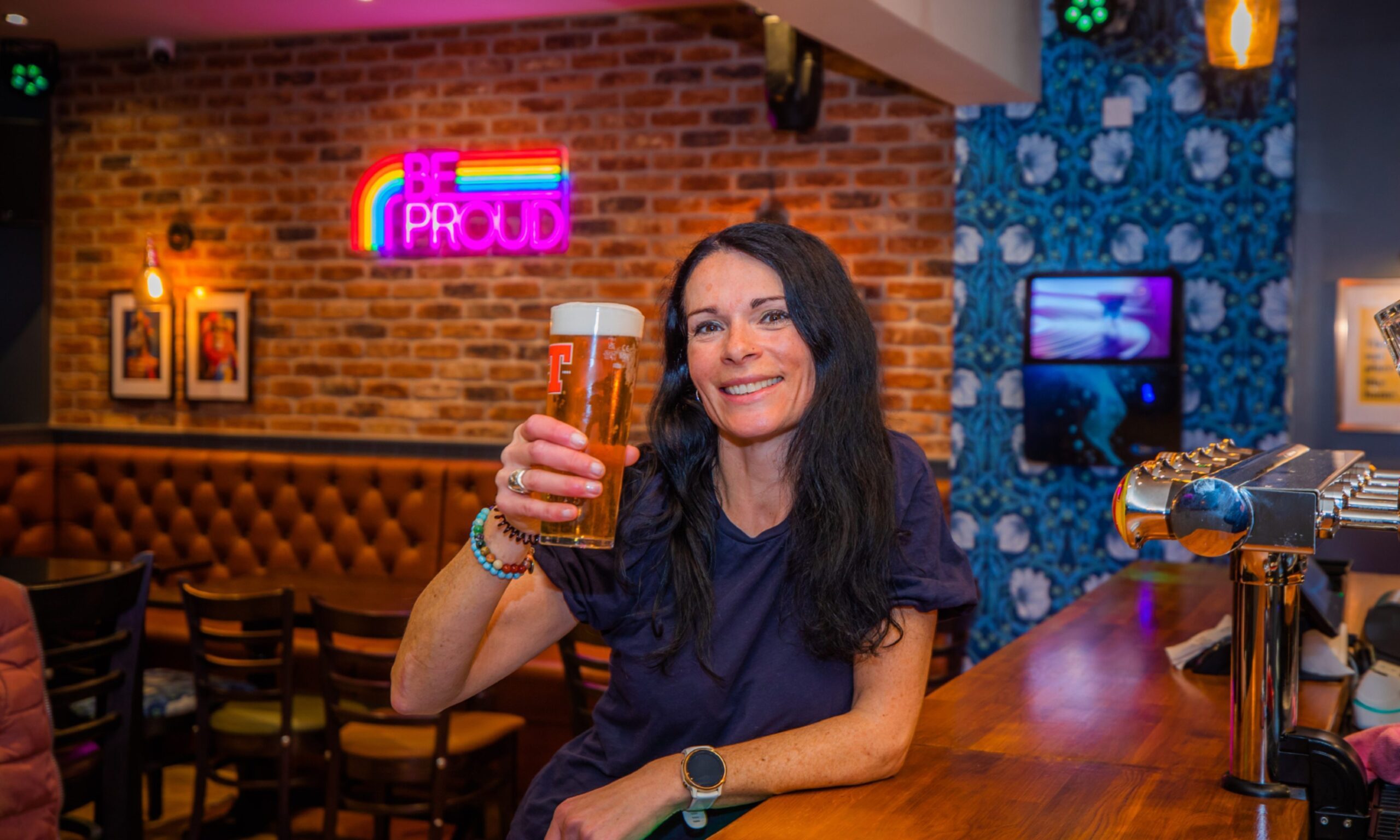
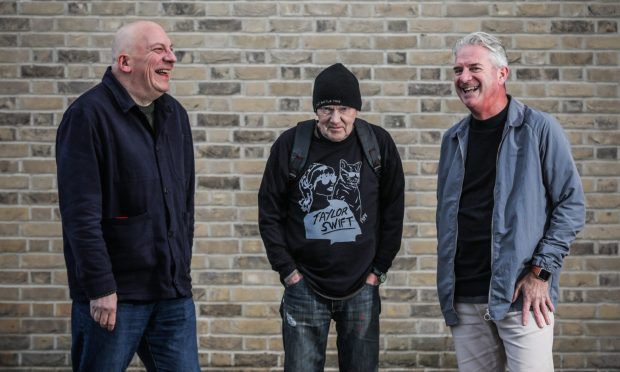
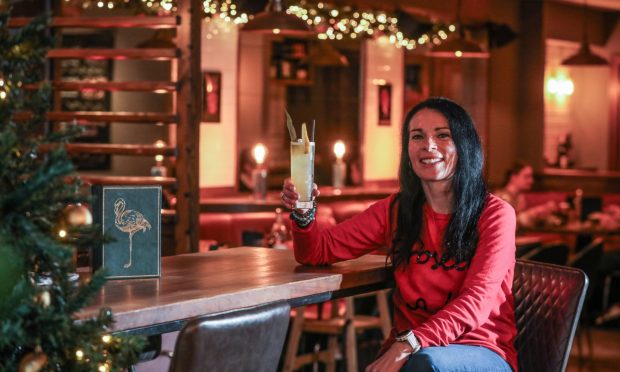
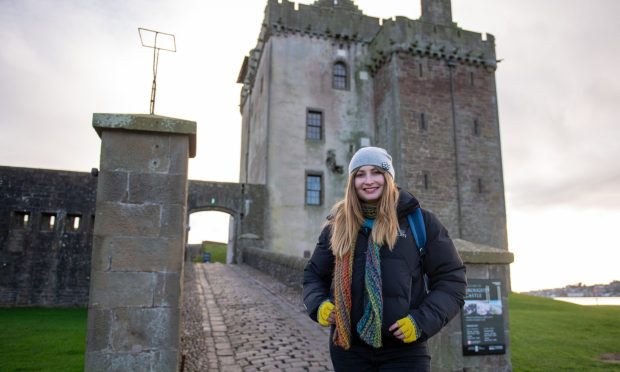
Conversation